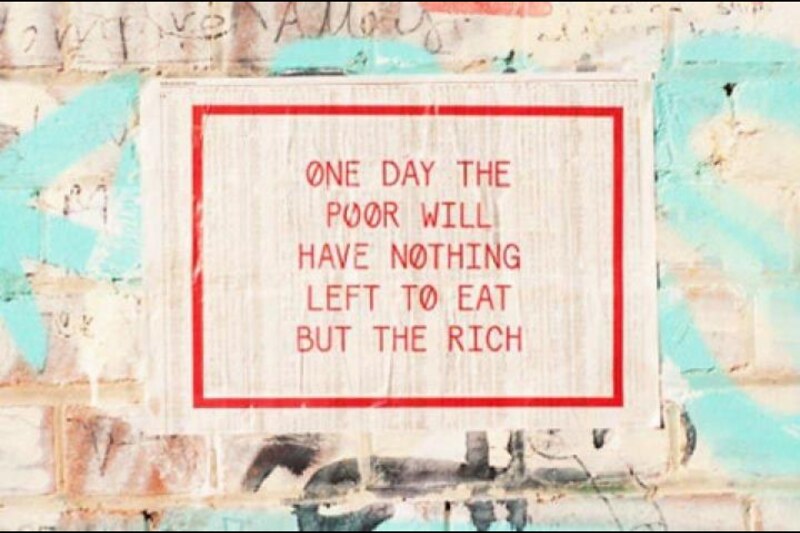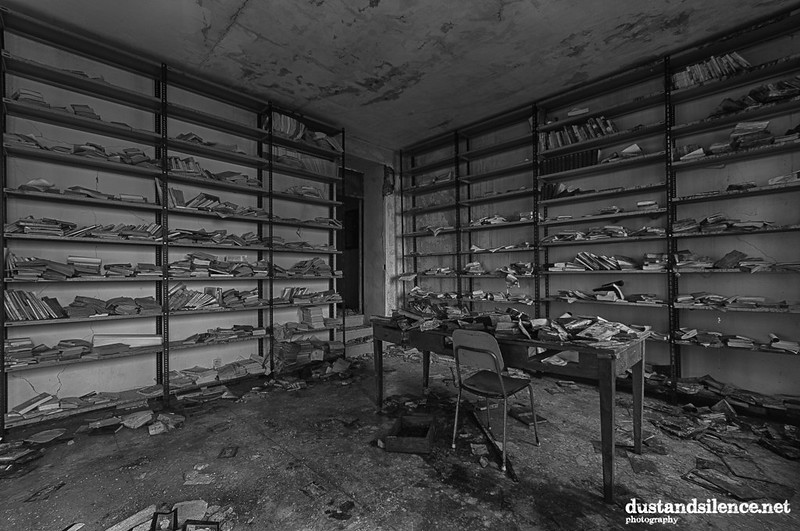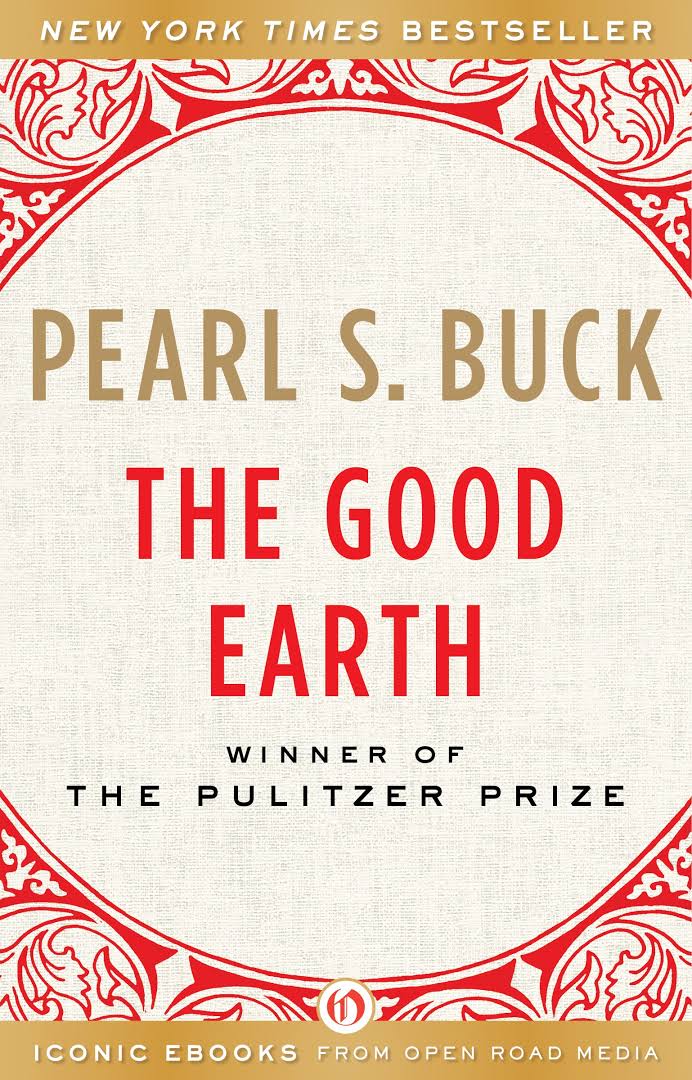Abecedarian for Billionaires
By Chiara Di Lello
Amazing year for rich people says the headline announcing
billionaires like the latest bumper
crop. Congratulations to the proud capital
daddies drooling over their offspring, as liable to
eat their own in next year’s acquisitions as to
feed their cornflower blue-collared shaven throats.
Go on, clap for them while we dance like bears for
healthcare and an hourly fifteen.
I’m sure TSwift needs it more, and trickle down is
just a matter of time. If only we
knew how to trade stocks
like U.S. senators, beating the
market at every turn, a Congress of
net worths five times the median
of us average Joes
poor saps.
Question: Was it also a good year for
RSV? Pinkeye?
Strep? Malaria? Aren’t they also
tumors on society?
Unlikely. As we know,
viruses only breed themselves, til every other organism is
wiped out of their niche. How many of us will they
X out, come next year? Who knows. Maybe
zillions.
Chiara Di Lello is a writer and educator who loves coffee, art, and bees, and unequivocally supports the movement for Palestinian liberation. Her poems have appeared in Ninth Letter, Okay Donkey, Stanchion Zine, and more. Her works have been nominated for the Pushcart Prize and Best of the Net. Visit her website at necessarymess.wordpress.com and follow her on social media: X @thetinydynamo, Instagram @whereskiwi, and Bluesky @chiaradilello.bsky.social.
Photo credit: Richie Diesterheft via a Creative Commons license.
A note from Writers Resist
Thank you for reading! If you appreciate creative resistance and would like to support it, you can make a small, medium or large donation to Writers Resist from our Give a Sawbuck page.



